Share This Class:
Basic Scrum
OBJECTIVEs:
- The objective of this course is to provide participants with a solid understanding of Scrum fundamentals, including roles, events, artifacts, and implementation strategies.
- Participants will learn how to effectively apply Scrum principles to manage projects and improve team performance.
- Participants will gain practical skills in applying Scrum methodologies to manage projects efficiently.
- They will learn how to work effectively in Scrum roles, manage Scrum events and artifacts, and implement Scrum in real-world scenarios.
- The course prepares participants to improve team collaboration, enhance project outcomes, and adopt best practices for successful Scrum implementation.
Course features:
- Practical hands on
- Lab sessions
- Training by experienced faculty
PRE-REQUISITES:
- No prior experience with Scrum is required.
- Basic knowledge of project management concepts is beneficial but not mandatory.
Learning Path
- Overview of Scrum
o What is Scrum?
o History and evolution of Scrum
o Key principles and values - Scrum Framework
o Scrum roles, events, and artifacts
o Differences between Scrum and traditional project management
- Scrum Master
o Responsibilities and skills
o Facilitating Scrum events and removing attachments - Product Owner
o Role in managing the product backlog
o Prioritizing work and stakeholder engagement - Development Team
o Responsibilities and characteristics of a high-performing team
o Self-organization and cross-functionality
- Sprint Planning
o Setting sprint goals and planning work
o Creating a sprint backlog - Daily Scrum
o Purpose and structure
o Techniques for effective daily stand-ups - Sprint Review
o Demonstrating completed work and gathering feedback
o Reviewing and updating the product backlog - Sprint Retrospective
o Reflecting on the sprint and identifying improvements
o Implementing actionable changes
- Product Backlog
o Creating and managing the product backlog
o Writing user stories and acceptance criteria - Sprint Backlog
o Defining and managing tasks for the sprint
o Tracking progress and adjusting plans - Increment
o Definition of Done
o Ensuring quality and completeness of work
- Starting with Scrum
o Setting up Scrum in an organization
o Common challenges and solutions - Scaling Scrum
o Overview of scaling frameworks (e.g., Scrum of Scrums, SAFe)
o Best practices for large teams and projects
- Scrum Tools
o Overview of popular Scrum tools (e.g., Jira, Trello, Azure DevOps)
o Using tools for backlog management, sprint planning, and tracking - Techniques for Success
o Effective communication and collaboration strategies
o Managing remote or distributed Scrum teams
- Best Practices
o Tips for successful Scrum adoption and execution
o Common pitfalls and how to avoid them - Case Studies
o Real-world examples of Scrum implementation
o Lessons learned from successful and challenging projects
-
Facebook
-
Instagram
-
LinkedIn
Copyright 2024. UWIN Pro Inc.



